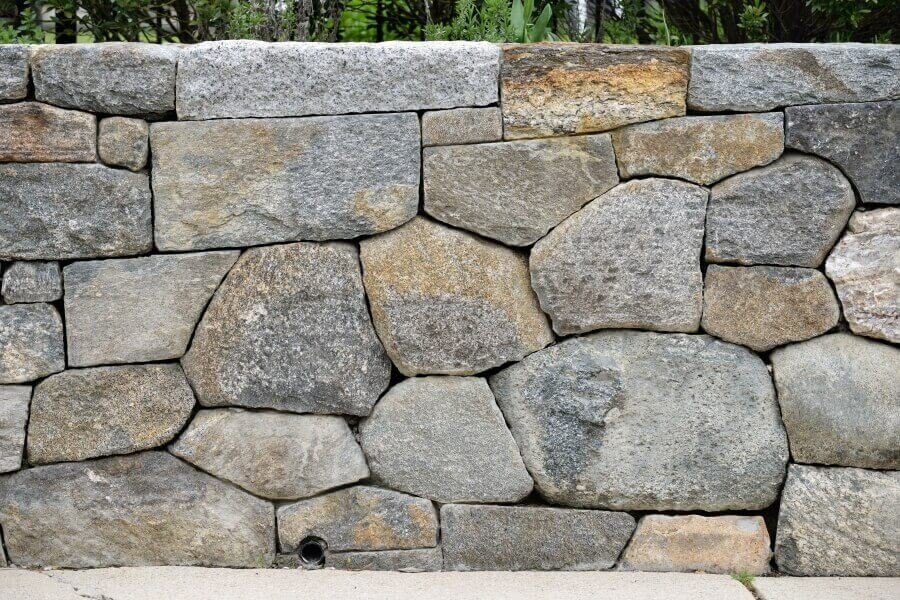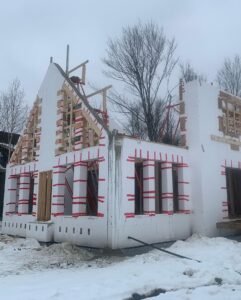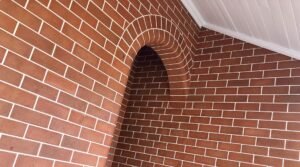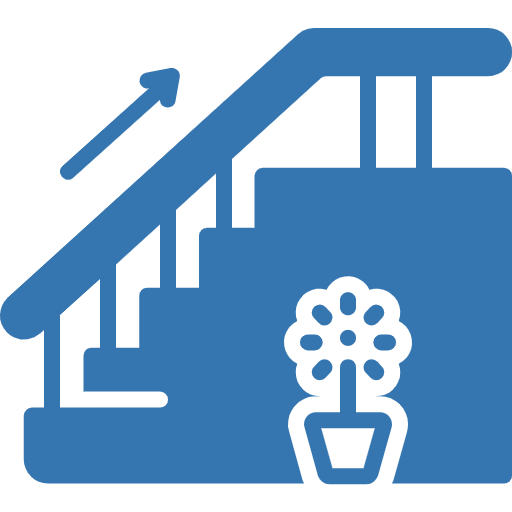Retaining walls are essential features for properties with slopes or uneven terrain, providing both functional benefits and aesthetic appeal. In Toronto, where the weather can fluctuate drastically between the seasons, choosing the right material for your retaining wall is key to ensuring longevity and performance. While several materials are available, natural stone stands out as a popular option. But how does it compare to other retaining wall materials such as interlocking concrete blocks, timber, and poured concrete?
Table of Contents
Toggle1. Natural Stone Retaining Walls: Classic Beauty and Durability
Pros:
- Aesthetic Appeal: Natural stone is loved for its timeless, elegant look. Whether you choose limestone, granite, or sandstone, stone offers a unique, high-end appearance that enhances any landscape. Its natural variations in color and texture give each retaining wall a one-of-a-kind charm.
- Longevity: Natural stone can withstand the harsh weather conditions of Toronto. It is highly resistant to the freezing and thawing cycles common in the region, making it ideal for Toronto’s freeze-thaw winters.
- Durability: Stone is incredibly strong and can last for decades or even centuries with proper care, making it a long-term investment.
- Low Maintenance: Once installed, natural stone requires very little maintenance. It is resistant to pests, rot, and decay, making it more durable than wood or some other materials.
Cons:
- Cost: Natural stone is one of the more expensive options. The stone itself can be costly, and the labor-intensive installation process adds to the overall cost. Homeowners in Toronto should consider their budget before opting for stone.
- Installation: Due to its weight and complexity, stone walls require a skilled mason to ensure proper installation, which can increase labor costs.
- Limited Customization: While natural stone offers a variety of styles, it can be less customizable than interlocking blocks when it comes to creating specific patterns or designs.
2. Interlocking Concrete Blocks: Affordable and Versatile
Pros:
- Affordability: Concrete blocks are one of the most budget-friendly options for retaining walls in Toronto. They are much cheaper than natural stone, making them a great choice for those on a tighter budget.
- Ease of Installation: Interlocking concrete blocks are easier to install compared to stone. Their design allows them to lock together without the need for mortar, which makes the installation process quicker and less expensive.
- Customization: Concrete blocks come in various shapes, sizes, and colors, allowing you to design your wall to suit your aesthetic preferences.
- Durability: Concrete is durable and can withstand Toronto’s freeze-thaw cycles. However, it can crack over time if not properly maintained or if drainage is not properly managed.
Cons:
- Aesthetic Limitations: While functional, interlocking blocks may lack the natural beauty of stone. Some homeowners may find the look less appealing compared to the classic charm of natural stone.
- Maintenance: Over time, concrete blocks can develop cracks or become misaligned. Regular maintenance may be needed to keep the wall looking its best.
3. Timber Retaining Walls: Rustic Charm with a Natural Look
Pros:
- Cost-Effective: Timber is a relatively affordable material compared to stone and concrete. It offers a natural, rustic look that many homeowners appreciate.
- Quick Installation: Installing timber walls is faster and easier than stone or concrete options. The wood can be easily cut and fitted into place, making it a good option for DIY enthusiasts.
- Environmentally Friendly: Timber is a renewable resource, making it an eco-friendly choice for homeowners looking to minimize their environmental footprint.
Cons:
- Durability Issues: Timber is more susceptible to rot, pests, and weathering compared to stone or concrete. In Toronto’s variable climate, especially with the moisture and freezing temperatures, timber may not last as long.
- Maintenance: Wood retaining walls require regular maintenance, including staining or sealing, to protect them from the elements.
- Limited Height: Timber retaining walls are typically not as durable or effective at supporting large soil loads as stone or concrete walls.
4. Poured Concrete Retaining Walls: Strong and Modern
Pros:
- Strength and Durability: Poured concrete is incredibly strong and can withstand high soil pressures, making it suitable for taller walls or areas with heavy loads.
- Customization: Poured concrete can be molded into any shape or size, offering more flexibility in terms of design. You can also stain or texture concrete to mimic the appearance of other materials, such as natural stone.
- Longevity: Like natural stone, poured concrete is built to last and requires minimal maintenance. It performs well under Toronto’s freeze-thaw cycles if installed correctly.
Cons:
- Cost: Poured concrete is one of the more expensive retaining wall materials. While it may not reach the cost of stone, it still represents a significant investment.
- Aesthetic Limitations: While concrete can be stained and textured, some homeowners may not find it as attractive as natural stone.
- Installation Complexity: Poured concrete requires specialized equipment and skilled labor for installation. It is not a material you can install yourself.
Which Material Should You Choose?
When choosing a material for your retaining wall in Toronto, it’s important to consider several factors:
- Budget: If you’re looking for a cost-effective option, interlocking concrete blocks or timber may be the best choice. However, if your budget allows for a premium investment, natural stone offers long-term value.
- Aesthetic Preferences: If you want a classic, elegant look, natural stone is unparalleled. However, if you prefer a modern, customizable design, poured concrete might suit your needs better.
- Longevity and Maintenance: Natural stone and poured concrete are the best options for longevity with minimal maintenance. Timber will require more upkeep, and concrete blocks may require periodic repairs.
- Site Conditions: For larger, heavy-duty walls, poured concrete or natural stone may be the best choice. For smaller, decorative walls, interlocking blocks or timber can work well.
Conclusion: Which Retaining Wall Material is Best for Your Property?
Each retaining wall material has its own set of advantages and disadvantages, depending on your needs, budget, and aesthetic preferences. In Toronto, natural stone Retaining walls offers timeless beauty and durability but at a higher cost. Interlocking concrete blocks provide a budget-friendly, easy-to-install option with versatility in design, while timber offers a rustic look but requires more maintenance. Poured concrete delivers strength and flexibility for more complex projects but may come at a higher cost.
Ultimately, the best material for your Toronto property depends on the specific requirements of your project. By considering factors like cost, design preferences, and maintenance needs, you can choose the material that will provide the most value and aesthetic appeal for your retaining wall.















